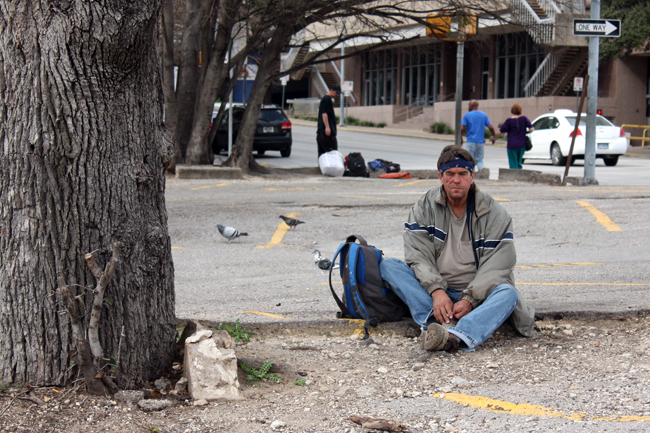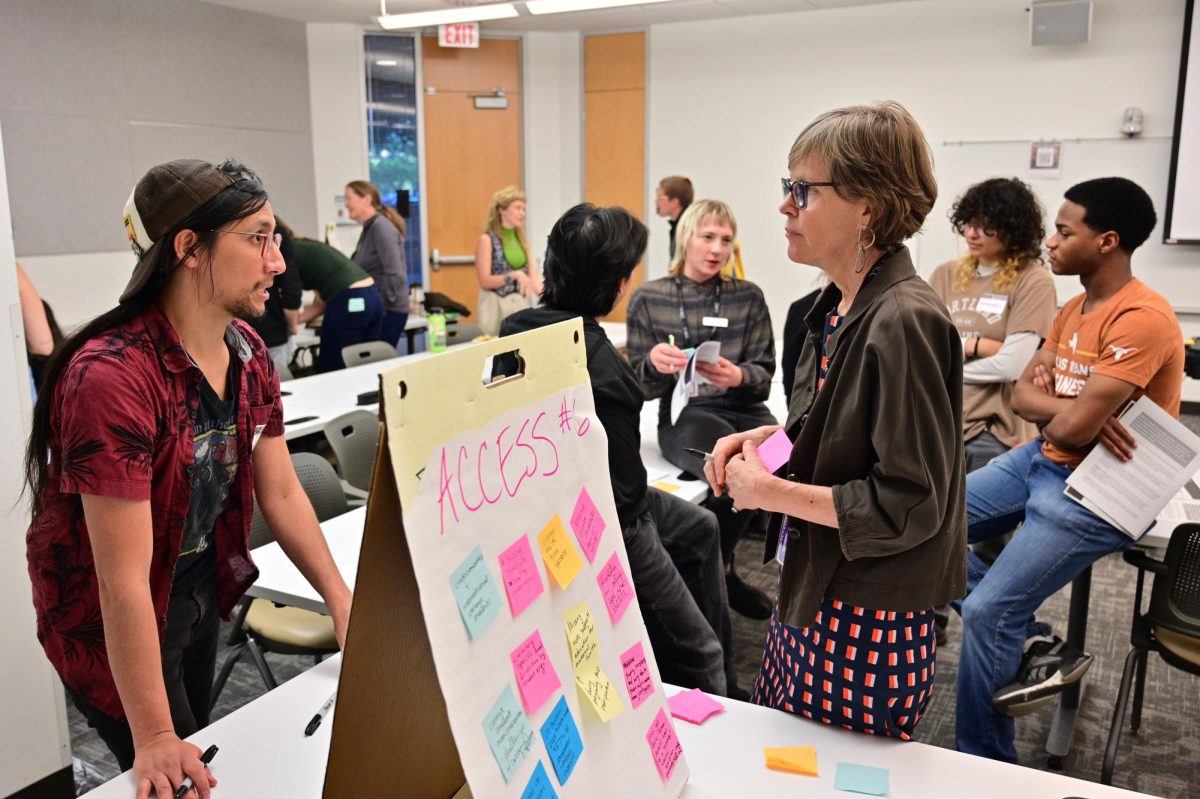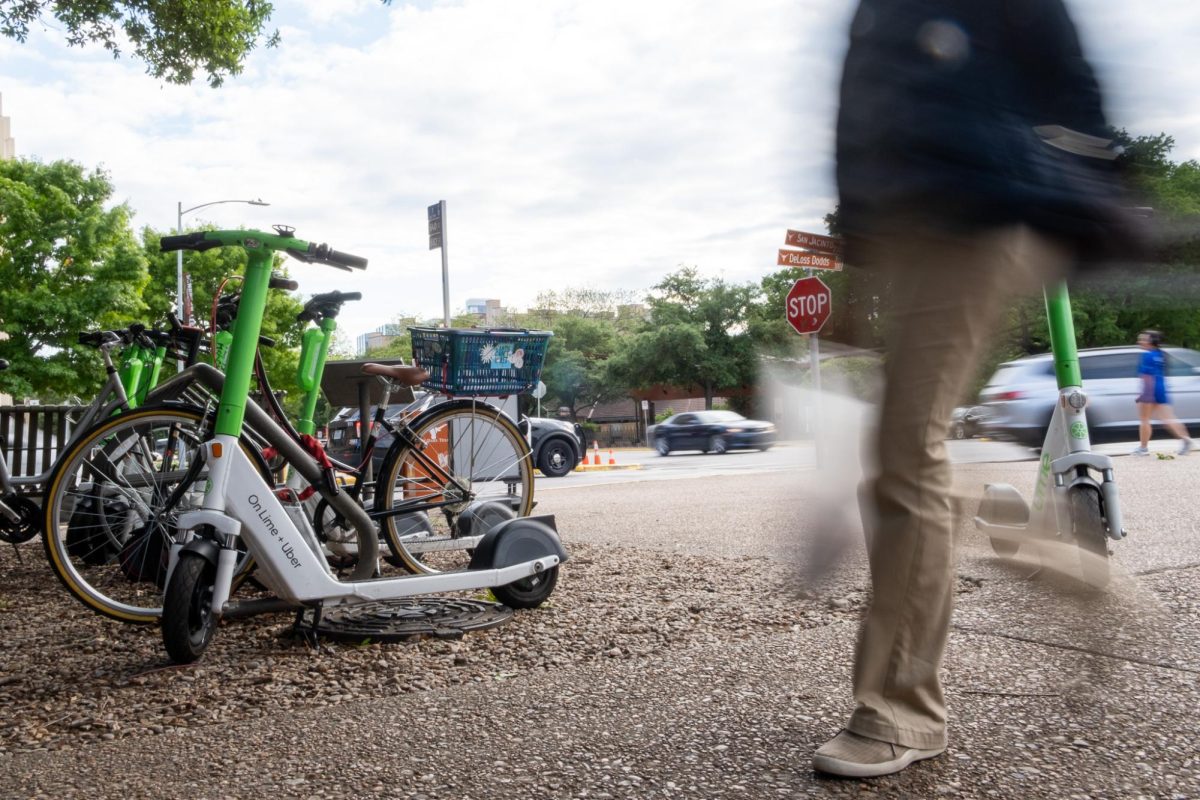Though much of UT students’ experiences with the homeless population involve being panhandled by “Drag rats,” several students have gotten involved with an Austin group that aims to completely end homelessness throughout the city.
The Austin Ending Community Homelessness Coalition, or ECHO, a group that officially began handling the city’s 10-year plan to end homelessness, held its annual Point In Time Count on Friday afternoon through Saturday morning. The purpose of the event is to get an accurate count of Austin’s current sheltered and unsheltered homeless population, according to ECHO’s website. The coalition is three years into the 10-year plan.
Mozhgon Vafaee, cellular/molecular biology and Plan II junior, is a co-chair of UT’s Hunger and Homelessness Outreach, or H2O. Vafaee said the experience of working closely with the homeless population has been eye opening.
“Before I joined [H2O] the only homeless people I recognized were people who were asking for money on the side of the road,” Vafaee said. “After I joined I learned that there are so many faces to homelessness. It’s not just people who are panhandling. There are also the working poor, and there are sometimes people who are just one paycheck away from being homeless.”
The ECHO group Vafaee accompanied during the event encountered one man who had received his degree only a few years prior to becoming homeless due to debt. Vafaee said the experience gave her a new insight on the way people become homeless in the first place.
“This guy has a bachelor’s degree,” Vafaee said. “He’s in so many ways just like us, and that was one thing that I took away from the event. In reality it’s easier to become homeless than you would think.”
Marshall Jones, vice president of ECHO’s board of directors, said the average homeless count usually comes out to approximately 4500, but there are expected to be thousands more who couch surf or stay with relatives.
Jones said the city’s Housing and Urban Development department, or HUD, will cut funding for ECHO if it continues to find an increasing number of homeless people, but he said ECHO still strives to find an accurate count regardless of the funding risk.
“It’s really counterproductive the way HUD financing works,” Jones said. “But we as a board of directors made a very conscious decision that we were going to go out and count everybody we could, even if that meant the risk of funding. We wanted to get the best base line we could for homelessness.”
Vafaee said though it is easy to find fault with homeless people who refuse to find jobs, it is also important to remember the difficulty of trying to get by without any help.
“There are some people out here that are living on people’s charities, and it’s not cool at all,” Vafaee said. “But it struck me again that there are a lot of people who do have homes and they’re not working. For me to be angry at someone who says that they’re comfortable – I have to look at my own life. My parents are supporting me, and until I can find my own job and pay for my own housing, it’s kind of hypocritical for me to criticize someone else.”





















